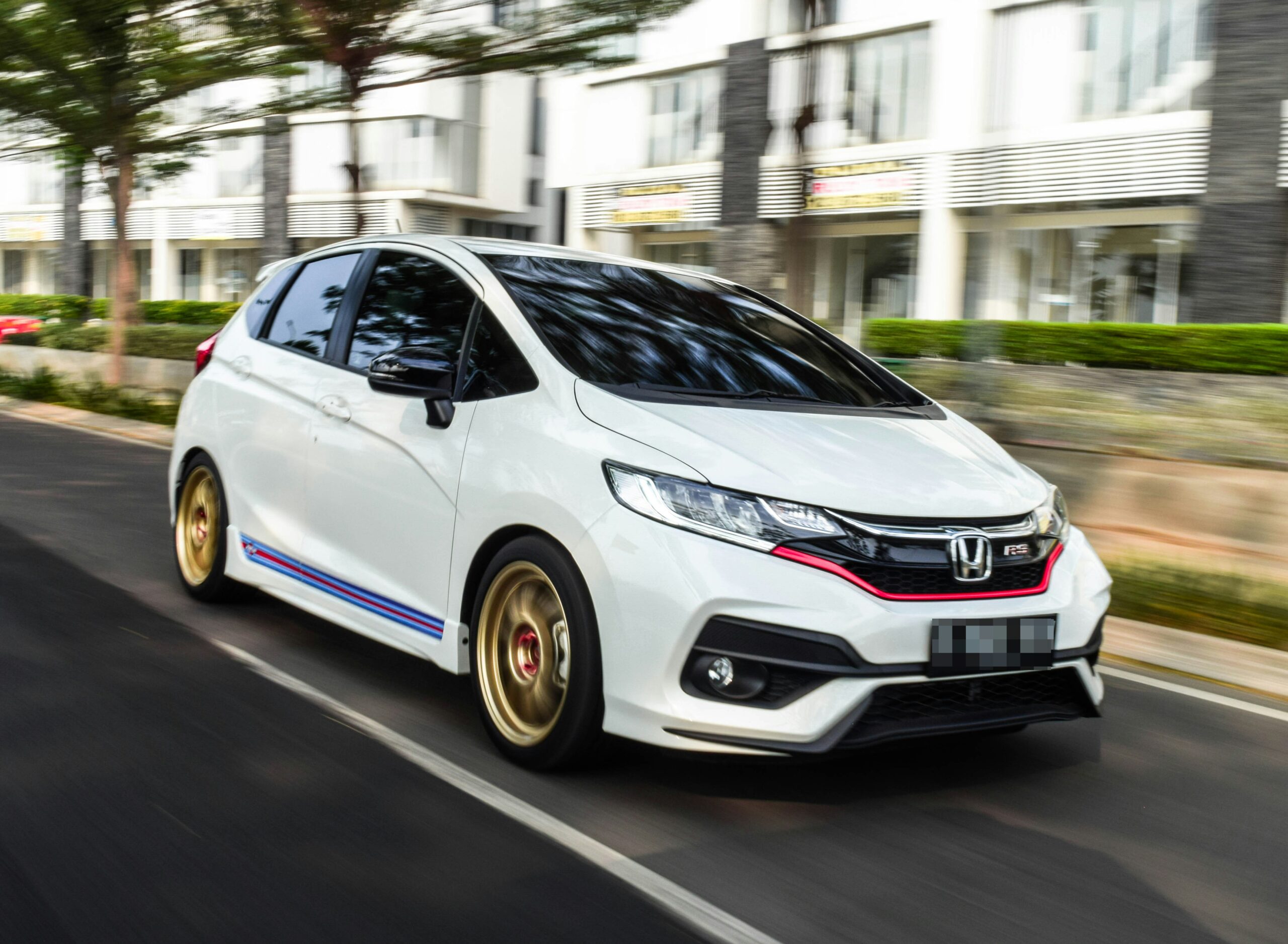The reputation of Japanese cars for reliability is not just a claim; it’s a feature that has been woven into the fabric of the automotive industry for decades. From the bustling streets of Tokyo to the highways of the United States, vehicles made by Toyota, Honda, Nissan, and other Japanese manufacturers have become synonymous with dependability and longevity. But what is it exactly that sets Japanese cars apart? Is it the engineering, the culture of the manufacturing process, or the innovative technologies they employ? This article delves into the heart of Japanese automotive reliability, exploring its roots, its present achievements, and the road ahead.
Exploring the Myth: Are Japanese Cars Truly Reliable?
The reliability of Japanese cars is often described as a myth, but one with a substantial foundation in reality. Decades of consumer reports and automotive reviews have consistently placed Japanese brands at the top of reliability rankings. This reputation is not merely anecdotal; it is backed by rigorous testing and customer feedback. However, what makes this reliability seem almost mythical is the consistency with which Japanese cars deliver durability and efficiency across various models and generations. The question arises: How do Japanese manufacturers maintain such high standards? The answer lies in a combination of factors, including advanced engineering practices, a cultural emphasis on quality, and an unwavering commitment to customer satisfaction.
A Deep Dive into Japanese Automotive Engineering
Japanese automotive engineering is characterized by meticulous attention to detail and an ethos of continuous improvement, known as Kaizen. This approach is evident in every aspect of vehicle design and manufacturing, from the choice of materials to the assembly line processes. Japanese engineers focus on creating cars that are not only efficient and powerful but also durable and easy to maintain. This engineering philosophy aims to reduce the likelihood of mechanical failure and, as a result, extends the lifespan of the vehicle. By prioritizing functionality and simplicity, Japanese cars often avoid the complications that can plague more elaborately designed vehicles, making them more reliable over time.
Decoding the Success of Toyota, Honda, and Nissan
Toyota, Honda, and Nissan stand as titans in the automotive industry, largely due to their unwavering focus on reliability. Toyota’s Production System (TPS), with its just-in-time manufacturing approach, minimizes waste and maximizes quality control, ensuring that each vehicle meets the company’s high standards. Honda’s reputation for reliability is bolstered by its innovative engine technology and commitment to research and development. Nissan, while navigating its own set of challenges, has continually focused on enhancing the reliability and durability of its vehicles. Each of these companies has built a distinct brand identity around reliability, backed by their histories of producing long-lasting vehicles.
Reliability by the Numbers: A Comparative Study
Statistical analysis and comparative studies reveal that Japanese cars consistently outperform their counterparts in terms of reliability. Consumer reports and automotive reliability surveys often find that Japanese brands have fewer mechanical issues over time, leading to lower ownership costs and higher resale values. These studies quantify the reliability of Japanese cars, providing empirical evidence that supports the anecdotal praise these vehicles receive. By examining specific metrics such as the number of reported problems per 100 vehicles, it becomes clear that Japanese cars are not only reliable but also represent a wise investment for consumers.
The Culture of Quality in Japanese Car Manufacturing
The exceptional reliability of Japanese cars is deeply rooted in the nation’s culture of quality. This culture is evident in every stage of the manufacturing process, where quality control is not just a department but a company-wide philosophy. Workers are empowered to stop production if they detect a flaw, ensuring that issues are addressed at the source. This commitment to quality extends beyond the factory floor, influencing the design, testing, and after-sales support of each vehicle. The result is a product that embodies the dedication and pride of its creators, a key factor in the enduring reliability of Japanese cars.
Beyond the Engine: Safety Features of Japanese Therefore, the safety and reliability of Japanese cars are inextricably linked, providing drivers with peace of mind, whether navigating city streets or cruising on the highway.
Consumer Trust: How Japanese Brands Build Loyalty
The reliability of Japanese cars has fostered a deep sense of trust among consumers worldwide. This trust is not built overnight but is the result of decades of delivering consistently high-quality vehicles that meet and exceed expectations. Japanese manufacturers understand that trust is their most valuable asset, and they go to great lengths to maintain it. From transparent communication about recalls to comprehensive warranties, Japanese brands work tirelessly to ensure their customers feel valued and supported. This unwavering commitment to customer satisfaction has cultivated a loyal customer base that stands as a testament to the reliability of Japanese cars.
The Road Ahead: Sustaining Reliability in Innovation
As the automotive industry evolves, with a growing focus on electric vehicles (EVs) and autonomous driving technologies, Japanese manufacturers face the challenge of integrating cutting-edge innovations while maintaining their hallmark reliability. Japanese brands are rising to this challenge by applying their time-tested principles of engineering and quality control to the development of EVs and hybrid models. By doing so, they are not only sustaining their reputation for reliability but also leading the charge towards a more sustainable and technologically advanced automotive future. The road ahead is paved with opportunities and challenges alike, but if history is any indication, Japanese cars will continue to set the standard for reliability.
The Impact of Recalls on Japanese Car Reliability
Recalls are often viewed as a blot on a manufacturer’s reputation, but Japanese companies have managed to turn this potential negative into a demonstration of their commitment to quality and safety. When faced with recalls, Japanese brands act swiftly and decisively, not only addressing the immediate issue but also implementing measures to prevent future problems. This proactive approach to recalls reinforces the trust consumers have in Japanese cars, underscoring the manufacturers’ dedication to upholding the highest standards of reliability and safety.
Hybrid and Electric: The New Face of Reliability
The shift towards hybrid and electric vehicles represents a new frontier for the automotive industry, and Japanese manufacturers are at the forefront of this transformation. By leveraging their expertise in engineering and quality control, Japanese brands are creating hybrid and electric models that are as reliable as their gasoline-powered predecessors. These vehicles are designed with the same attention to detail and commitment to quality that has defined Japanese cars for generations, ensuring that reliability remains a cornerstone of their appeal in an evolving market.
Warranty Wars: Japanese Cars Versus the Rest
One of the tangible ways in which the reliability of Japanese cars is manifested is through their warranty offerings. Japanese manufacturers often provide more comprehensive warranties compared to their competitors, reflecting their confidence in the quality and durability of their vehicles. These warranties, which cover everything from powertrain components to roadside assistance, offer consumers added peace of mind and underscore the reliability of Japanese cars. In the competitive landscape of the automotive industry, warranty terms serve as a clear indicator of a manufacturer’s faith in their product’s reliability.
Behind the Scenes: The Future of Japanese Automobiles
The future of Japanese automobiles looks bright, with manufacturers continuing to innovate while remaining true to their heritage of reliability. As environmental regulations become stricter and consumer preferences shift towards more sustainable and technologically advanced vehicles, Japanese carmakers are poised to lead the way. Their ability to adapt to changing market dynamics, while preserving the quality and reliability that consumers have come to expect, sets Japanese cars apart. The future will likely see a continued emphasis on electric and hybrid technologies, advanced safety features, and intelligent design, ensuring that the legacy of Japanese automotive reliability continues for generations to come.
The reliability of Japanese cars is more than just a marketing slogan; it’s a proven attribute that has been demonstrated year after year, model after model. Through a combination of advanced engineering, a culture of quality, and a deep commitment to customer satisfaction, Japanese manufacturers have established a reputation for producing some of the most reliable vehicles on the road. As the automotive industry undergoes rapid transformations, Japanese carmakers are well-positioned to continue their tradition of reliability, blending time-honored principles with innovative technologies. The road ahead is undoubtedly filled with challenges, but if the past is any indication, Japanese cars will remain a beacon of dependability and trust for drivers around the world.








